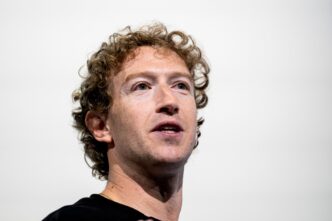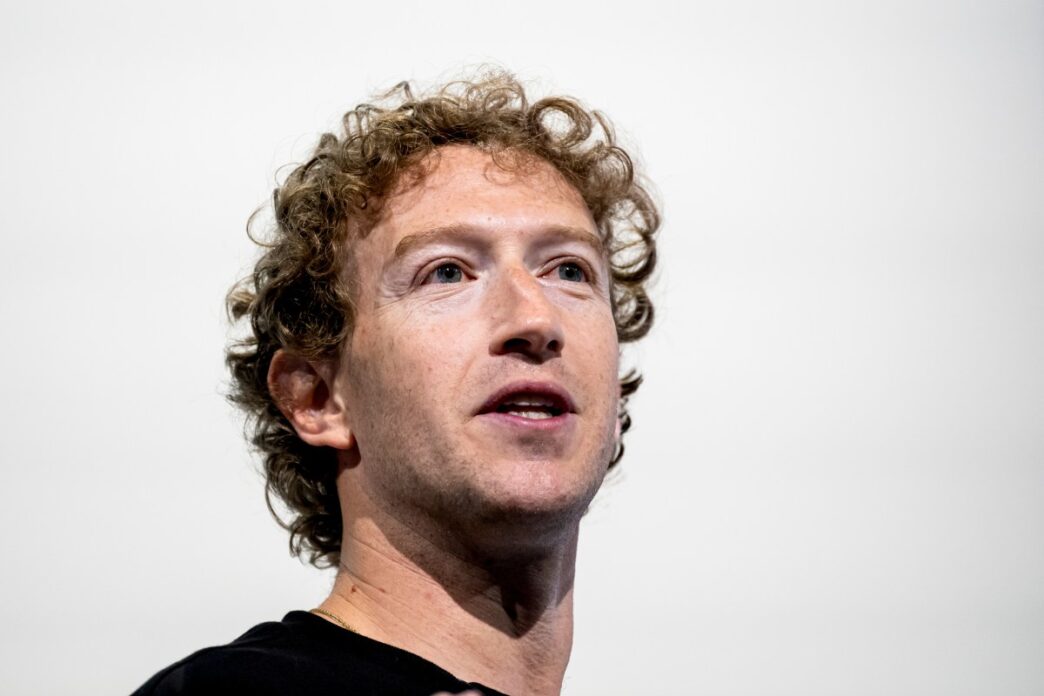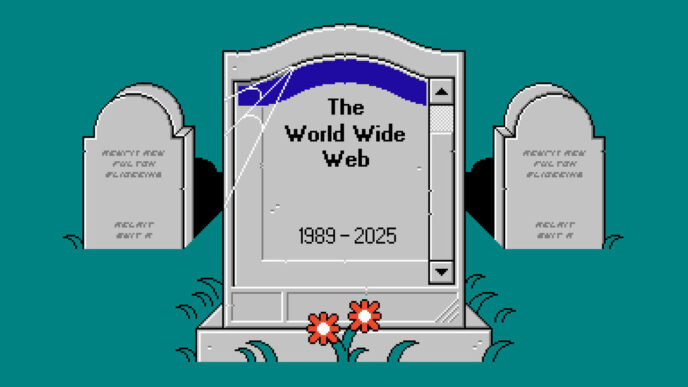Meta is building a massive AI data center named Hyperion, aiming to deliver five gigawatts of compute power for its new AI lab. CEO Mark Zuckerberg announced the plan Monday on Threads.
Hyperion’s footprint will cover most of Manhattan, Zuckerberg said. The data center is located in Richland Parish, northeast Louisiana, according to semiconductor experts at Semianalysis. Meta originally planned this as a two gigawatt cluster back in 2024 but now aims for five gigawatts over several years.
Alongside Hyperion, Meta plans to launch a 1 GW AI super cluster called Prometheus in 2026. Prometheus is based around New Albany, Ohio.
These mega centers put Meta in the fight against rivals like OpenAI, Google DeepMind, and Anthropic on AI compute power. The move could also lure more AI talent to Meta.
Hyperion and Prometheus will suck up enough electricity to power millions of homes. That has real consequences: Meta’s project in Newton County, Georgia, already caused water shortages for local residents, per a New York Times report.
Other companies face similar hurdles. AI data center operator CoreWeave’s Dallas expansion is expected to double local power needs, Bloomberg says.
Despite worries, tech giants keep betting big on AI data centers. OpenAI’s Stargate project with Oracle and Softbank and Elon Musk’s xAI Colossus supercomputer are other examples.
The U.S. government backs this growth. Former President Trump helped launch OpenAI’s Stargate, and Energy Secretary Chris Wright called on the U.S. to deliver AI-driven energy in a recent Economist column.
Chris Wright stated:
"AI transforms electricity into the ‘most valuable output imaginable: intelligence,’
and the federal government would accelerate the production of energy derived from coal, nuclear, geothermal, and natural gas."
Experts warn that by 2030, data centers could consume 20% of America’s electricity, up from 2.5% in 2022. This surge risks further strain on power grids and local resources.
Meta’s hyper-scale AI buildout is live and charged. The energy demands – and local impacts – are just beginning to ripple.














